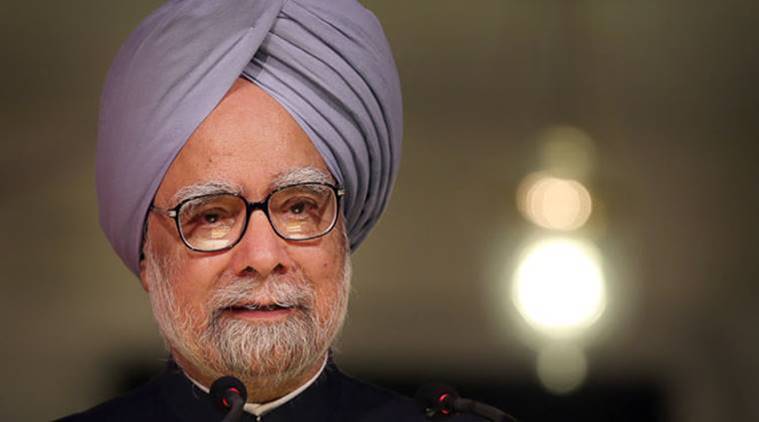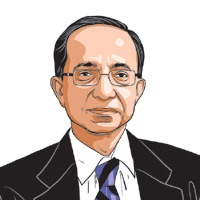A quiet courage
As PM, Manmohan Singh upheld a tradition of openness to ideas and disagreements. This is an inheritance India needs to cherish and advance.

The recent publication by Oxford University Press of five volumes of writings and speeches by Manmohan Singh, and the release of the film, The Accidental Prime Minister, takes my mind back to a conversation, nearly eight years ago, with the accidental prime minister.
On March 11, 2011, I posted an idea on the Ministry of Finance website on controlling one class of corruption — harassment bribery. This refers to cases where a person has to pay a bribe to get something she is entitled to, such as, when after passing a driving test, she is asked to give cash before she is given the licence, or, after paying all taxes, a small businessman is harassed by the tax collector into paying a bribe.
It struck me that one reason harassment bribes were rampant in India was the fact that the Prevention of Corruption Act, 1988 holds both the giver and the taker of bribe equally liable for punishment. This meant that the bribe giver would typically not admit in court to having given a bribe, and this created the comfort zone that encouraged government officials to ask for bribes with alacrity. Amend the law by making bribe-giving legal while heaping the punishment on the bribe-taker, and the incidence of bribery would go down.
That was the idea which got me excited; and, being quite new to government, I wrote it up, and posted it on the ministry’s website. Furore broke out of a kind I had never experienced. There were newspaper articles attacking the proposal. There would be supportive articles in some newspapers and magazines, and also some endorsement from a few thinking corporate leaders, but those came later.
On Saturday evening, April 23, just as I thought the controversy was dying down, I got a call from Barkha Dutt, inviting me to appear on her then television show, ‘We the People’, where, she told me, I could explain my idea and then there would be a discussion, which in Indian television jargon means a screaming match.
I was in a dilemma. In my short time in government, I had discovered that I was comfortable with and even enjoyed participating in these policy “debates”. However, I knew I had caused the government a lot of grief with the posting of my proposal. A few days earlier, D Raja, the Communist Party Member of Parliament (for whom I have a lot of respect) had written to the prime minister, with a vitriolic complaint about my “immoral” idea. I had half expected to be asked by the finance minister, Pranab Mukherjee, or the prime minister to take the paper down from the website. To their credit, they made no such request. Hesitating whether I should stir the pot again, I decided to do what I rarely did: Ask their advice on whether or not I should appear on Barkha’s show.







































No hay comentarios:
Publicar un comentario